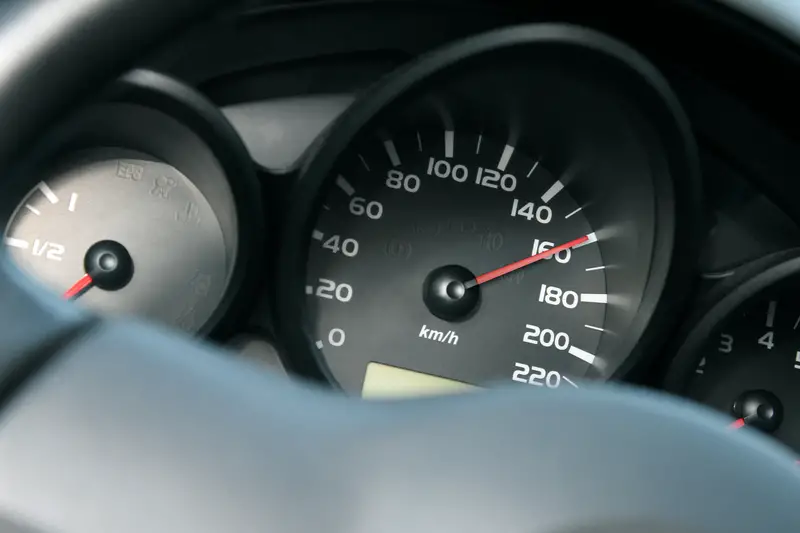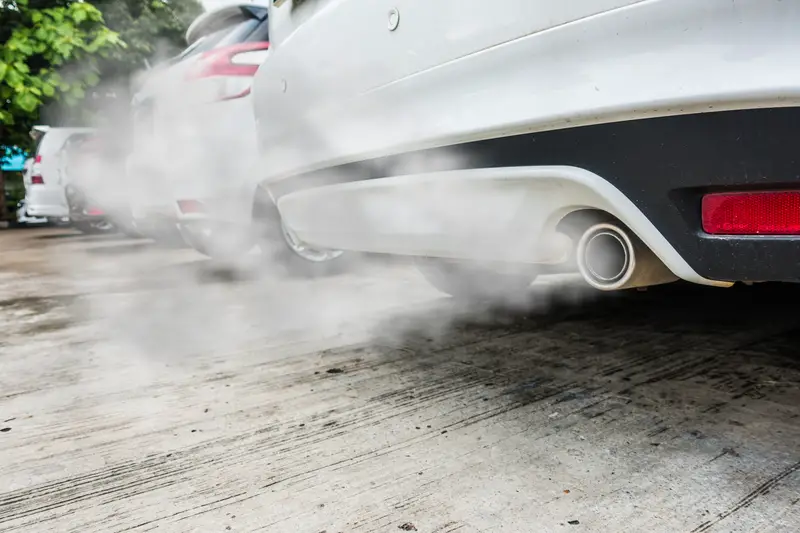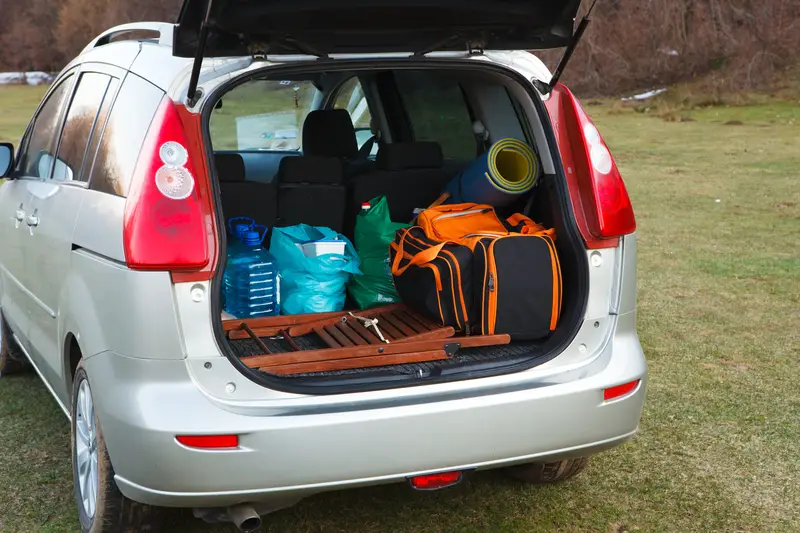Most drivers don’t realize it, but aggressive driving habits are silently draining their wallets at an alarming rate. In fact, this single behavior can reduce your gas mileage by up to 33% on highways and 5% on city streets, effectively burning money with every press of the pedal. But what exactly constitutes aggressive driving, and why is it such a costly mistake?
The hidden cost of aggressive acceleration

When you slam on the gas pedal, your engine consumes significantly more fuel than necessary. Research shows that rapid acceleration and braking can reduce your fuel economy by 10-40%. Think about it this way: every time you accelerate aggressively, you’re essentially throwing dollar bills out your car window.
The solution? Gradual acceleration allows your engine to operate at peak efficiency. Imagine your gas pedal as a delicate instrument rather than an on-off switch. By pressing it smoothly and steadily, you’re not just saving fuel – you’re protecting your engine and extending its life.
Speed matters more than you think
Here’s a surprising fact: reducing your speed from 65 mph to 55 mph can improve fuel economy by 6-8 mpg. The reason? Aerodynamic drag increases exponentially at higher speeds, forcing your engine to work harder and burn more fuel.
The sweet spot for fuel efficiency is typically between 50-60 mph. Above these speeds, every 5 mph increase is like adding an extra $0.20 per gallon at the pump. Using cruise control on highways can help maintain a steady, efficient speed and improve your gas mileage by up to 14%.
Stop burning money while standing still

Excessive idling is another major fuel waster that many drivers overlook. Studies indicate that idling can consume between a quarter to a half gallon of gas per hour. That might not sound like much, but it adds up quickly, especially if you frequently wait in long drive-through lines or leave your car running during brief stops.
Modern engines don’t need more than 30 seconds to warm up, even in cold weather. If you’re stopping for more than 10 seconds (except in traffic), turning off your engine can save $0.02 per minute in wasted fuel. That’s enough to buy a cup of coffee after just a few weeks of avoiding unnecessary idling.
Your car is carrying too much weight
Experts estimate that removing just 100 pounds of extra weight from your vehicle can improve your fuel efficiency by 1%. Many drivers unknowingly treat their cars like storage units, keeping unnecessary items in their trunks for months. Sports equipment, tools, or those boxes you’ve been meaning to donate – they’re all secretly increasing your fuel consumption.
Even more significant is the impact of roof-mounted cargo. These accessories can reduce your fuel economy by 6-17%, costing an additional $0.07-$0.56 per gallon. If you’re not actively using that roof rack or cargo box, removing it can lead to immediate savings at the pump.
Small changes in driving habits can lead to significant savings over time. By adopting smoother acceleration, maintaining optimal speeds, minimizing idling, and reducing unnecessary weight, you could improve your fuel efficiency by up to 40%. With current gas prices, that could mean hundreds of dollars in annual savings – money better spent on things you actually want to buy rather than watching it disappear through your exhaust pipe.

